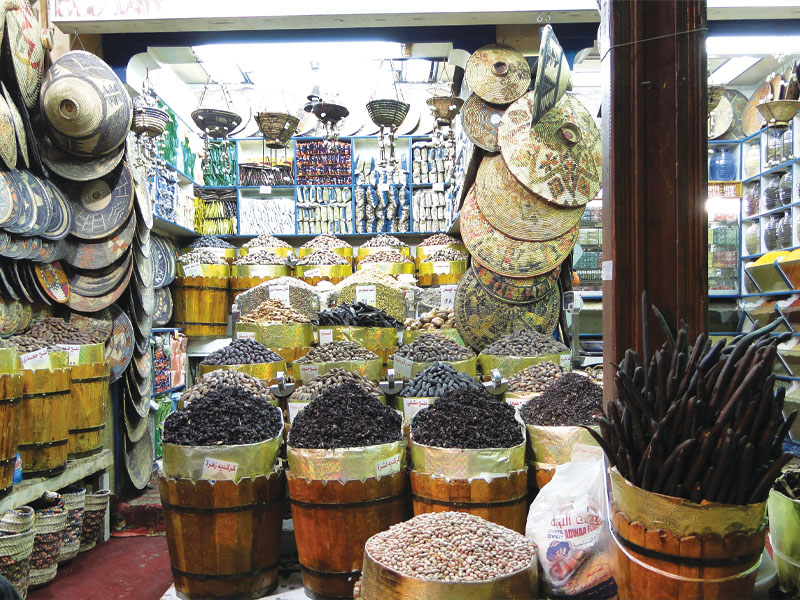Medicinal plants: From heritage to the development of human civilization
Issue 16

Fouzia Saeed ALSaleh (Bahrain)
Medicinal herbs Clinical and chemical studies of groups of medicines, drugs, and pharmaceutical products derived from plants have contributed to the understanding of human history and heritage. And natural products based on extracts from medicinal plants have played a key role in the coexistence of different organisms in nature, leading to the formation of diverse ecosystems. The varied usage of medicinal plants and the effectiveness of medicines derived from plants have helped us to gain an understanding of the nature of human activities and cultures. For example, people who use chamomile to treat snakebites or as an anti-spasmodic are probably nomadic.
Chemical analysis and the extraction of active substances have been of primary interest to chemists for their close association with popular traditional remedies in many nations. For example, Indians have used rauwolfia to treat snakebites and opacity of the cornea for over three thousand years, and Africans have used the same plant for hundreds of years. Chemical analysis has shown that the compound reserpine alkaloid of this plant is useful as a drug in different treatments. Work with traditional herbs led to the development of new technologies to investigate plant chemistry. This enabled the extraction and purification of more chemical compounds, and led to ways to distinguish medicinal plants with scientific properties from those that were associated with magic.
According to various studies in Australia, America, Africa, and even modern Europe, medicinal plants played a role in the races’ development. Methods of collecting, storing, extracting and preparing medicines are an expert practice that civilizations have handed down and exported.
Human societies have developed various treatments scientifically, and cultural norms have contributed to the development of civilizations, creating the foundations for scientific knowledge in remote primitive societies. Medical treatment has always been provided by specialized practitioners, sometimes known as sages or herbalists. As the writer noticed in Bahrain, which is famous for herbalists (Hawaj), herbalists and traditional healers insist upon confidentiality and they consider their formulations trade secrets.
Pharmaceutical products are produced within a specific environment for the physical and psychological treatment of the human body. Pharmaceutical herbal products are formulated based on their clinical effectiveness, so only those with scientific and practical experience can formulate these products.
Scientific discoveries concerning popular medical treatments are effective indicators of how the human race has developed through the ages, taking culture and history into account. The writer is working towards a precise scientific description of the relationship between the development of medical treatments and the development of human civilization.
Man's relationship with medicinal plants is one of the most important aspects of human culture and civilization. Plants are man’s friends much as they are friends to the environment. That which benefits plants is good for nature. Some philosophers believe that medicinal plants have souls, so medicinal plants are considered sacred in some countries.
The development of the usage of medicinal plants has contributed to human civilization. In an interview, Gail Wagner, the former president of the publication Plant and Man and a professor of anthropology at the University of South Carolina, said that she continues to learn about plants by planting and eating them, by searching for seeds, leaves and plants on her trips, by preserving and classifying plants, by walking in gardens and around plants, by identifying plants by touch, by analyzing and studying plants and, most importantly, by talking to people who live with plants. Planting promotes love and communication within a community.


































































